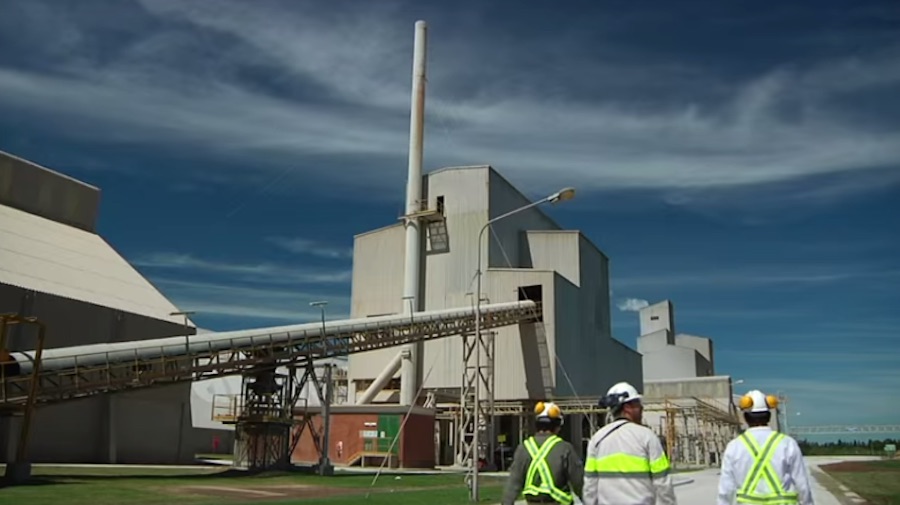Mosaic suspends phosphate mines in Brazil after new rules for dams

The Mosaic Company, a Brazilian fertilizer maker, said on Thursday it will suspend production at its phosphate mines of Tapira and Catalão after failing to obtain a deadline extension in order to provide stability certification for three of its tailings dams.
Phosphate is a crucial fertilizer ingredient and Mosaic’s operation is the largest in Brazil, which is a global leader in agriculture, producing more than 220 million tonnes of grains and 570 million tonnes of cane per year, among other products such as coffee, tobacco, cotton and fruits.
Mining regulations in Brazil have been affected by a dam disaster in January, involving miner Vale SA,that killed hundreds, prompting new rules to try to avoid more accidents. Brazil has dozens of tailings dams, which hold back byproducts created during the extraction of mineral resources.
Mining regulations in Brazil have been affected by the dam disaster in January that killed hundreds, prompting new rules to try to avoid more accidents
To meet demand, Mosaic said it will import products from its phosphate site in Tampa, Florida, and also product from its operations in Peru to meet demand from Brazilian clients.
Mosaic said it filed a request for an extension of a deadline to present a stability report for three of its dams, “to allow expert consultants to finalize additional recommended studies and geotechnical analysis”.
Brazil’s National Mining Agency did not approve the extension, said Mosaic, which led the company to stop using the dams that were part of the Tapira and Catalão production complexes.
It is unclear how long the dams’ suspension will last.
One industry source told Reuters he does not see a large impact from the mines idling on the flow of fertilizers in Brazil or to agricultural costs, since there is enough phosphate production in Tampa and in other sites abroad. He did not want to be named.
He also said that current demand for fertilizers in Brazil is low, since the summer crop has just been harvested and the cane and coffee crops are close to harvest time.
Brazil depends on imports for around 70 percent of its fertilizer needs. Local production of phosphates, for example, is around 1 million tonnes per year, mostly from the Mosaic mines, out of annual demand seen around 5 million tonnes.
(Reporting by Marcelo Teixeira Editing by James Dalgleish)
{{ commodity.name }}
{{ post.title }}
{{ post.date }}




Comments